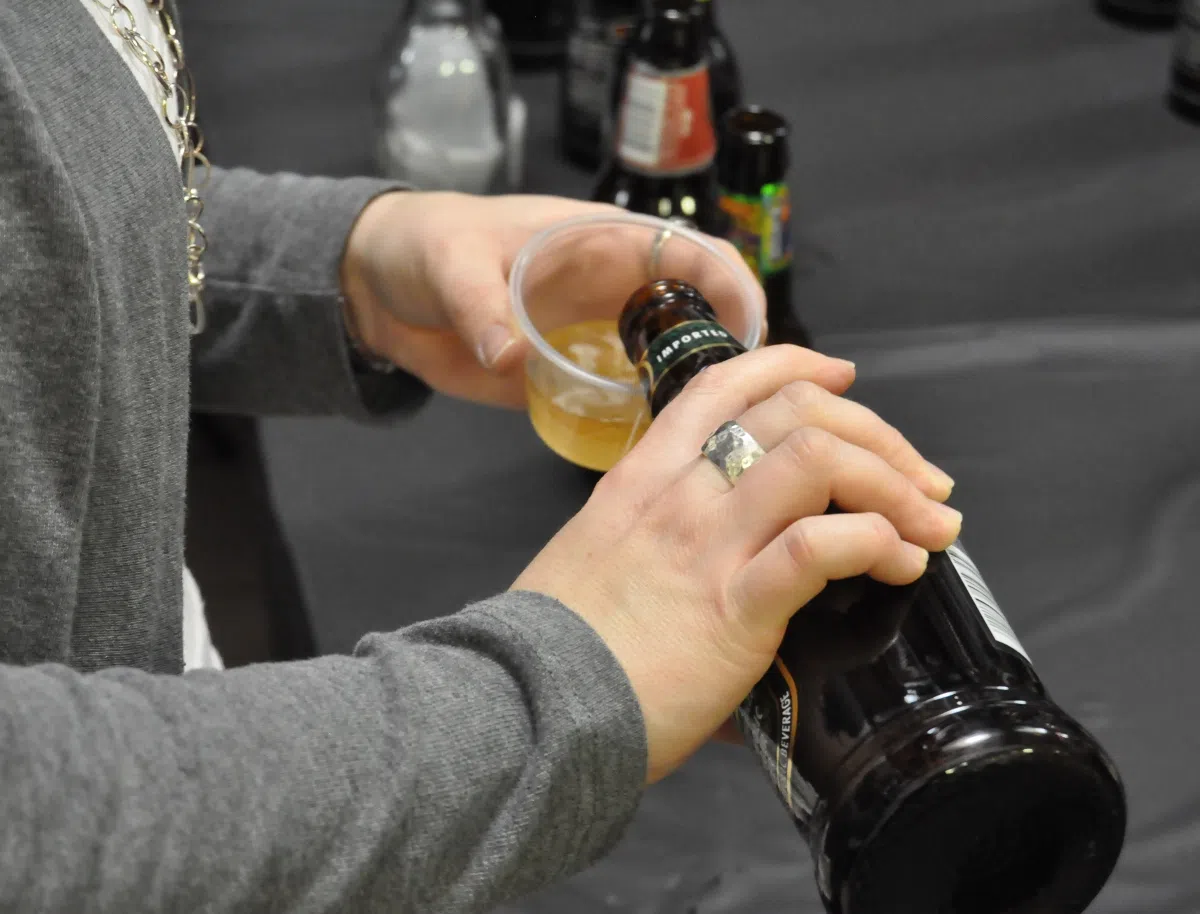
POLL: PAPS and SGI tackle drinking and driving
As the city reels from the deaths of Brandy Lepine and Taylor Litwin, who were allegedly killed by an intoxicated driver, the Prince Albert Police Service (PAPS) is working hard to curb that behaviour and make the streets safer.
Over the last year, there has been an increase in drinking and driving cases in the city, and in 2012 reports for impaired driving went up from 105 in 2011 to 129.
Prince Albert’s Police Chief Troy Cooper says over the last year, due to the increase in numbers, officers have also had an increase in training relating to dealing with drunk drivers. It’s also a highlighted area for officers in addition to increasing targetted enforcement.
“We’ve seen some success by simply being out there with [drunk driving] as more of a priority for our service. We’ve noticed that our criminal charges and convictions have been increasing this year,” Cooper said.


